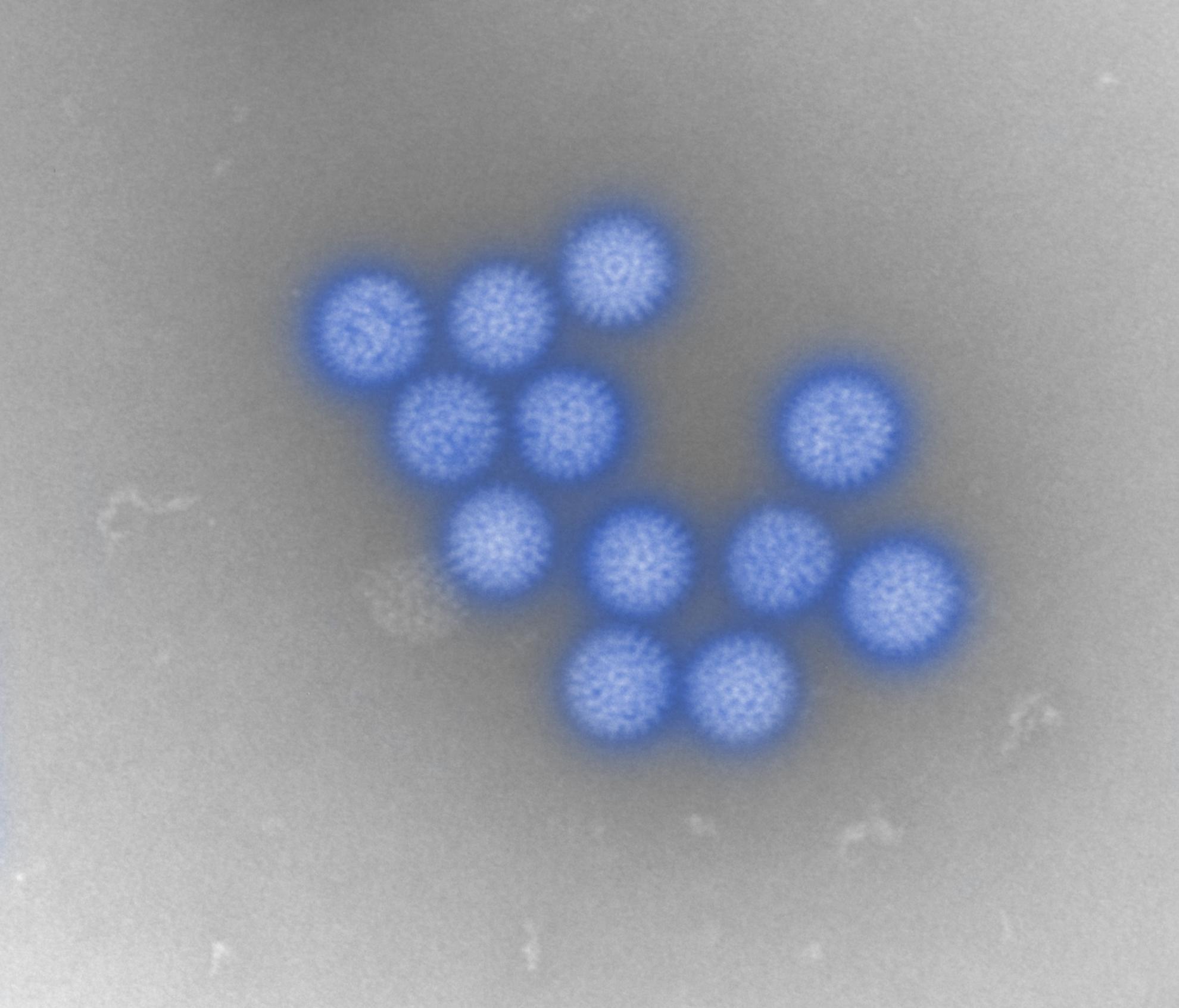Evaluation of adaptive immune responses and heterologous protection induced by inactivated bluetongue virus vaccines
Eradication of bluetongue virus is possible, as has been shown in several European countries. New serotypes have emerged, however, for which there are no specific commercial vaccines. This study addressed whether heterologous vaccines would help protect against 2 serotypes. Thirty-seven sheep were randomly allocated to 7 groups of 5 or 6 animals. Four groups were vaccinated with commercial vaccines against BTV strains 2, 4, and 9. A fifth positive control group was given a vaccine against BTV-8. The other 2 groups were unvaccinated controls. Sheep were then challenged by subcutaneous injection of either BTV-16 (2 groups) or BTV-8 (5 groups). Taken together, 24/25 sheep from the 4 experimental groups developed detectable antibodies against the vaccinated viruses. Furthermore, sheep that received heterologous vaccines showed significantly reduced viraemia and clinical scores for BTV-16 when compared to unvaccinated controls. Reductions in clinical signs and viraemia among heterologously vaccinated sheep were not as common after challenge with BTV-8. This study shows that heterologous protection can occur, but that it is difficult to predict if partial or complete protection will be achieved following inactivated-BTV vaccination.
Back to publications
